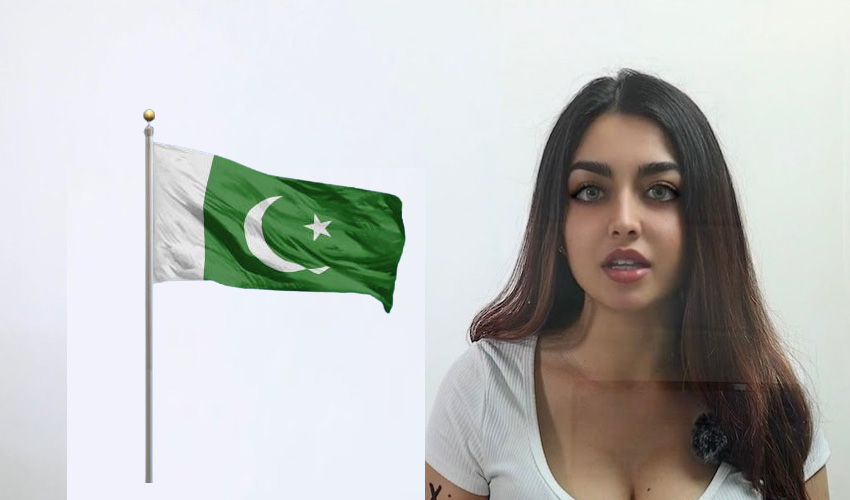Nestled in a discreet office within a bustling New Delhi mall, Bhavna Paliwal, founder of Tejas Detective Agency, is at the helm of India’s thriving matrimonial investigation industry.
As younger generations increasingly opt for love marriages over traditional arranged unions, the demand for pre-marital background checks has skyrocketed.
While arranged marriages—where families carefully vet prospective matches—remain popular, shifting social dynamics have spurred couples to choose their own partners. For some families, however, the modern love match still warrants rigorous scrutiny, often entrusted to detectives like Paliwal.
“We are here to ensure the match is genuine,” says Paliwal, whose agency tackles around eight cases monthly. With surveillance tools ranging from hidden cameras to GPS trackers, her work reveals everything from financial discrepancies to hidden relationships.
Hiring a matrimonial detective costs between $100 and $2,000, a fraction of the extravagant sums spent on Indian weddings. Paliwal’s clientele includes concerned parents like Sheela, who sought assurance about her daughter’s boyfriend after her own unhappy marriage.
“When my daughter said she’s in love, I wanted to support her—but not without proper checks,” Sheela said, requesting anonymity to protect her daughter’s trust.
The industry is thriving, with other agencies like Venus Detective Agency reporting similar demand. Around a quarter of their cases involve pre-marriage investigations, says founder Akriti Khatri, who has even probed concerns about a groom’s sexual orientation.
Detectives today operate with cutting-edge tools. From apps that secure confidential data to spy gadgets disguised as everyday objects, technology has transformed the industry. However, the sleuths walk a fine ethical line.
“We tread a grey zone between legal and illegal,” admits Sanjay Singh, a detective with hundreds of cases under his belt. He insists his team avoids unethical practices, though investigations sometimes lead to heartbreak.
“Somebody’s life is getting ruined,” Singh noted, emphasizing that such revelations often prevent larger catastrophes.
India’s urbanization and modern housing developments add to detectives’ challenges. Gaining access to guarded apartment complexes requires creativity, with agents relying on fabricated stories to gather intelligence.
Despite such hurdles, arranged marriages—facilitated through traditional matchmakers or modern dating apps—continue to intertwine with caste considerations and financial probes. While some marriages transcend caste and religious divides, others face deadly repercussions, highlighting the stakes involved in these investigations.
For Paliwal and her peers, the detective’s role is pivotal in maintaining transparency in relationships. “The more hi-tech we become, the more problems we have in our lives,” she observes. However, she firmly believes that exposing dishonesty only strengthens the foundation of relationships.
“No relationship can work on the basis of lies,” she says, offering a candid verdict on her role in India’s evolving matrimonial landscape.



























